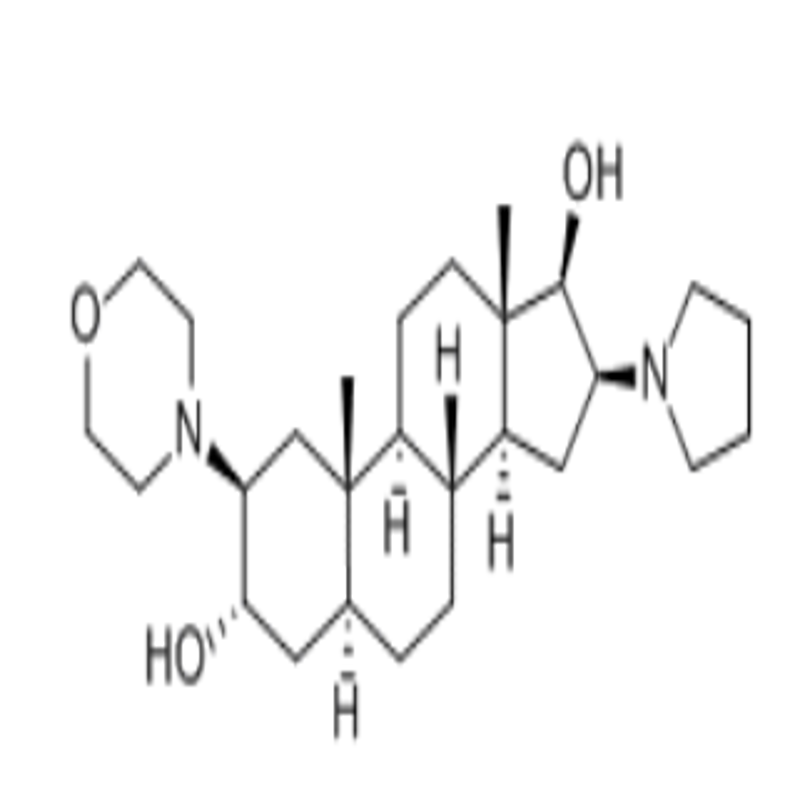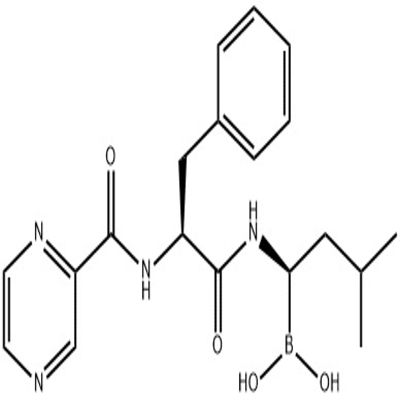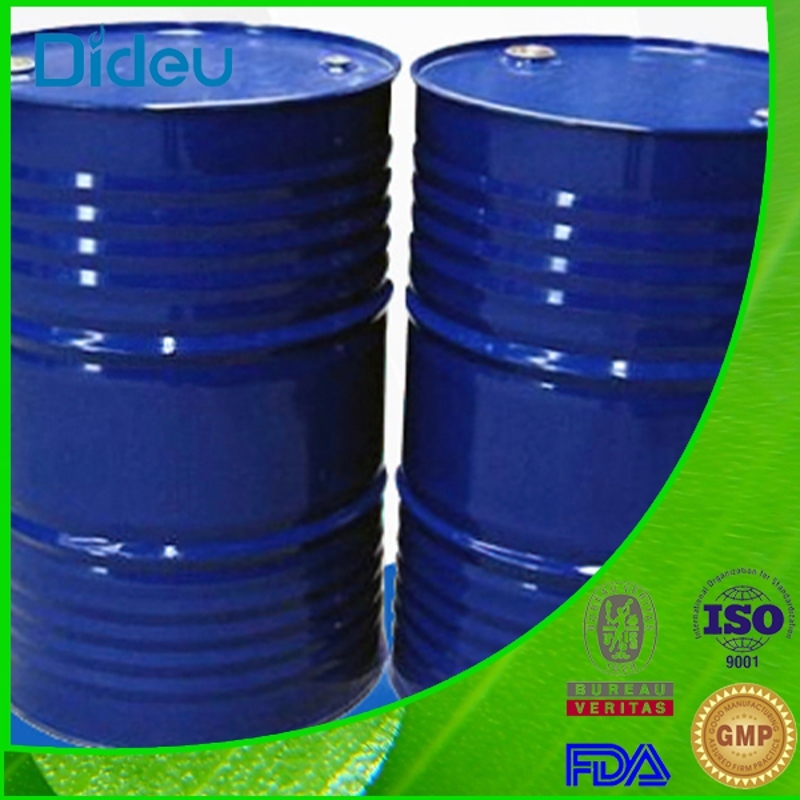-
Categories
-
Pharmaceutical Intermediates
-
Active Pharmaceutical Ingredients
-
Food Additives
- Industrial Coatings
- Agrochemicals
- Dyes and Pigments
- Surfactant
- Flavors and Fragrances
- Chemical Reagents
- Catalyst and Auxiliary
- Natural Products
- Inorganic Chemistry
-
Organic Chemistry
-
Biochemical Engineering
- Analytical Chemistry
-
Cosmetic Ingredient
- Water Treatment Chemical
-
Pharmaceutical Intermediates
Promotion
ECHEMI Mall
Wholesale
Weekly Price
Exhibition
News
-
Trade Service
Ethyl 7-isoquinolinecarboxylate, also known as IQ, is a chemical compound that is commonly used in the chemical industry for a variety of purposes.
It is often used as a building block for the production of pharmaceuticals, dyes, and other chemical products.
Despite its widespread use, there are concerns about the safety of this compound, particularly in terms of its potential to cause cancer.
In this article, we will take a closer look at the safety of ethyl 7-isoquinolinecarboxylate and the measures that are being taken to ensure its safe use in the chemical industry.
First, let's take a closer look at the structure of ethyl 7-isoquinolinecarboxylate.
This compound is a derivative of quinoline, which is a type of aromatic nitrogen-containing organic compound.
Ethyl 7-isoquinolinecarboxylate has a unique structure that is characterized by a phenolic hydroxyl group attached to a carboxyl group.
This structure makes it a useful building block for the production of a variety of chemical products.
Despite its usefulness, there are concerns about the safety of ethyl 7-isoquinolinecarboxylate.
In particular, there is evidence to suggest that this compound may be carcinogenic.
Studies on animals have shown that high doses of ethyl 7-isoquinolinecarboxylate can cause cancer, and there is some evidence to suggest that this compound may also cause cancer in humans.
As a result, there are concerns that the widespread use of ethyl 7-isoquinolinecarboxylate in the chemical industry may pose a risk to the health of workers and the general public.
There are a number of measures that are being taken to address these concerns and ensure the safe use of ethyl 7-isoquinolinecarboxylate in the chemical industry.
One important measure is the development of strict safety guidelines for the handling and use of this compound.
These guidelines may include measures such as providing protective equipment to workers who handle the compound, monitoring workers for signs of illness, and following proper disposal procedures to prevent environmental contamination.
Another important measure is the development of alternative compounds that are safer for use in the chemical industry.
Researchers are working to develop compounds that have similar properties to ethyl 7-isoquinolinecarboxylate but that are less likely to cause cancer.
These alternatives may be safer for workers and the environment, and they may also be more effective for a variety of applications.
In addition to these measures, there is also a need for greater transparency and communication about the safety of ethyl 7-isoquinolinecarboxylate.
This includes disclosing the potential risks associated with the compound and providing information about how these risks are being managed.
This greater transparency and communication can help to build trust with workers, the public, and other stakeholders, and it can also help to ensure that the chemical industry is operating in a responsible and sustainable manner.
In conclusion, ethyl 7-isoquinolinecarboxylate is a useful building block for the production of a variety of chemical products.
However, there are concerns about the safety of this compound, particularly in terms of its potential to cause cancer.
To ensure the safe use of ethyl 7-isoquinolinecarboxylate in the chemical industry, there are a number of measures that are being taken, including the development of strict safety guidelines, the development of alternative compounds, and greater transparency and communication about the safety of the compound.
These measures are essential for ensuring that the chemical industry is operating in a responsible and sustainable manner, and they are also important for protecting the health and safety of workers and the general public.







